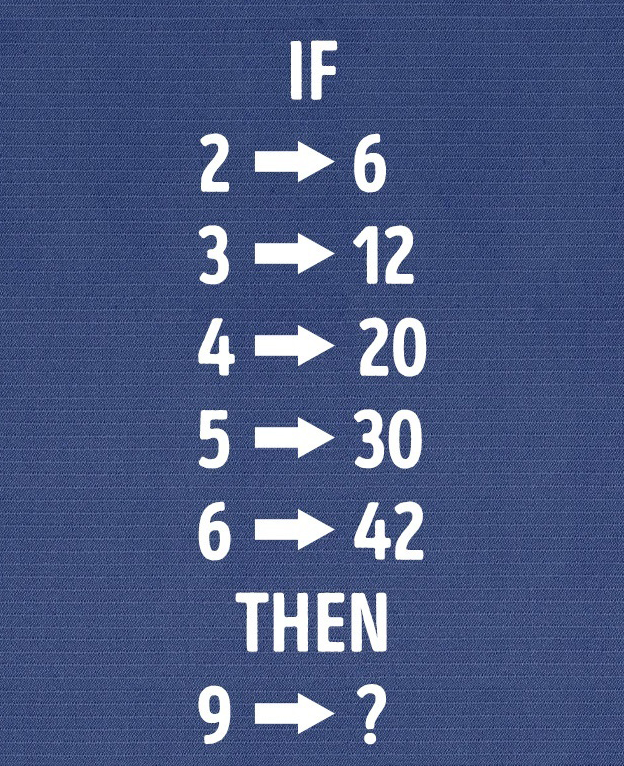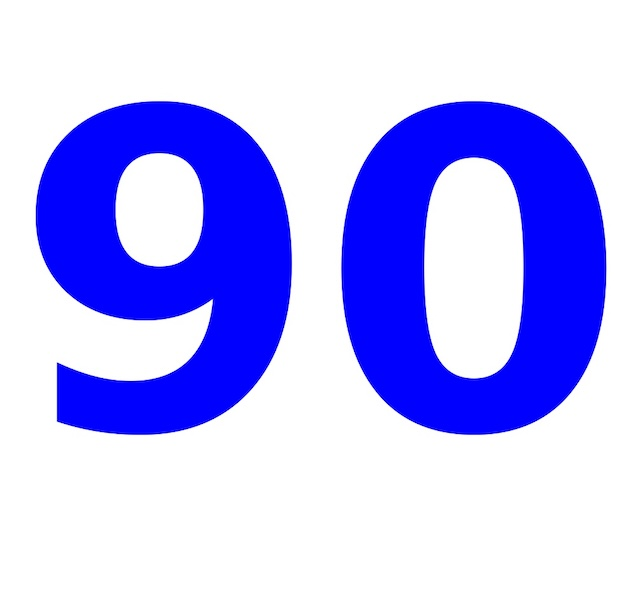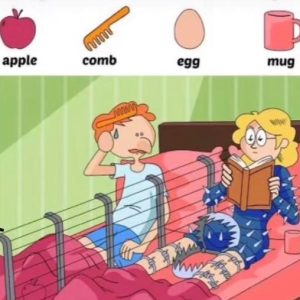Puzzles are a great way to sharpen your logical thinking, and this number puzzle is no exception. At first glance, it may seem simple, but there’s a hidden pattern that can stump even the most experienced problem-solvers.
Your task is to identify the mathematical relationship between a set of numbers and use that pattern to determine the missing number. Think you have what it takes? Let’s break it down step by step and uncover the solution together.
unlocking the mystery behind the pattern

This puzzle presents a list of numbers, each paired with a result. Your goal is to find the logic behind these numbers and apply the same rule to the final one. Here’s what we have:
2 → 6
3 → 12
4 → 20
5 → 30
6 → 42
The big question is: what number should 9 correspond to?
At first, it might seem like a random set of numbers, but the key is recognizing how each result is derived from its corresponding number.
common mistakes to avoid
When solving a puzzle like this, it’s easy to fall into some common traps. Here are a few mistakes that might lead you to the wrong answer:
- assuming the pattern involves addition or subtraction instead of multiplication
- looking at the numbers individually instead of analyzing their sequence
- overcomplicating the puzzle by searching for advanced mathematical operations when a simple rule applies
If you’ve attempted to solve it and found yourself stuck, don’t worry. Let’s break it down logically.
breaking it down: finding the pattern
The best way to approach this puzzle is to examine the relationship between the input and output numbers. Looking at the results, a multiplication pattern seems to be at play.
Let’s analyze each number step by step:
- 2 × 3 = 6
- 3 × 4 = 12
- 4 × 5 = 20
- 5 × 6 = 30
- 6 × 7 = 42
Do you see the pattern? Each number is being multiplied by its next consecutive number.
applying the pattern to find the missing number
Now that we’ve identified the pattern, we can apply it to the final number in question:
- 9 × 10 = 90
That means the correct answer is 90.

why this puzzle is a great brain exercise
Puzzles like this are more than just a fun challenge—they help improve problem-solving skills, pattern recognition, and logical thinking. By training your brain to spot patterns quickly, you enhance your ability to solve more complex problems in everyday life.
keep challenging yourself
Did you solve this puzzle right away, or did you need some extra time to figure it out? Whether you found the answer quickly or had to rethink your approach, puzzles like this are an excellent way to keep your mind sharp.
Try more number puzzles and see how well you can recognize hidden patterns. Share this challenge with your friends and see if they can crack the code as fast as you did!


